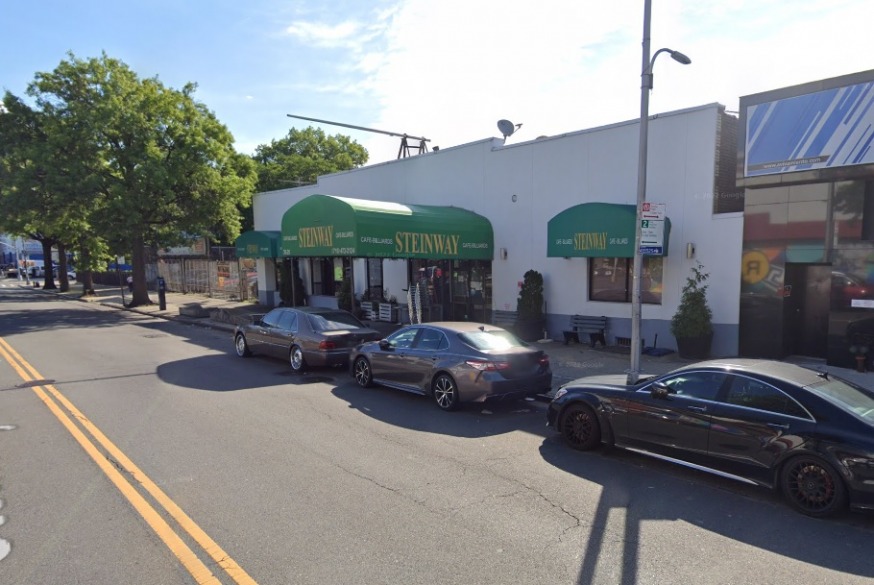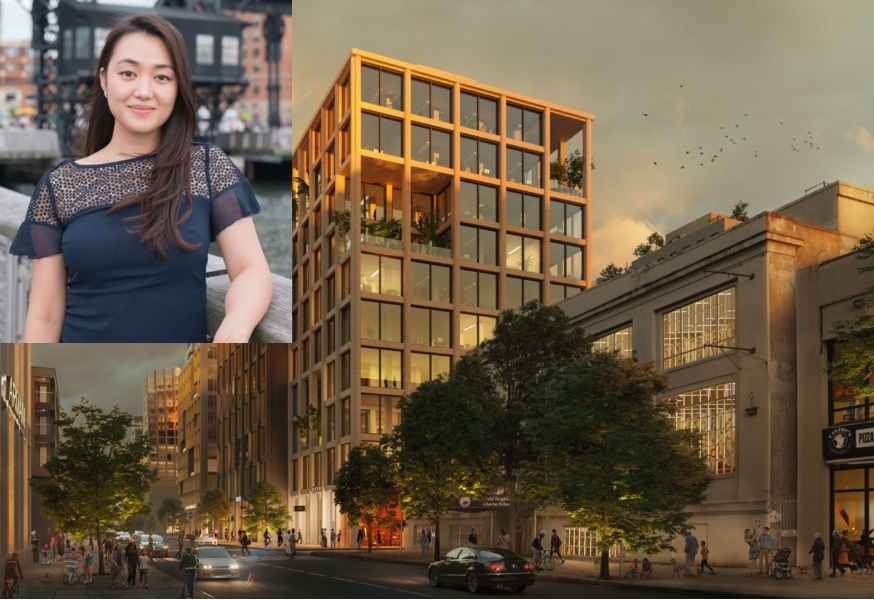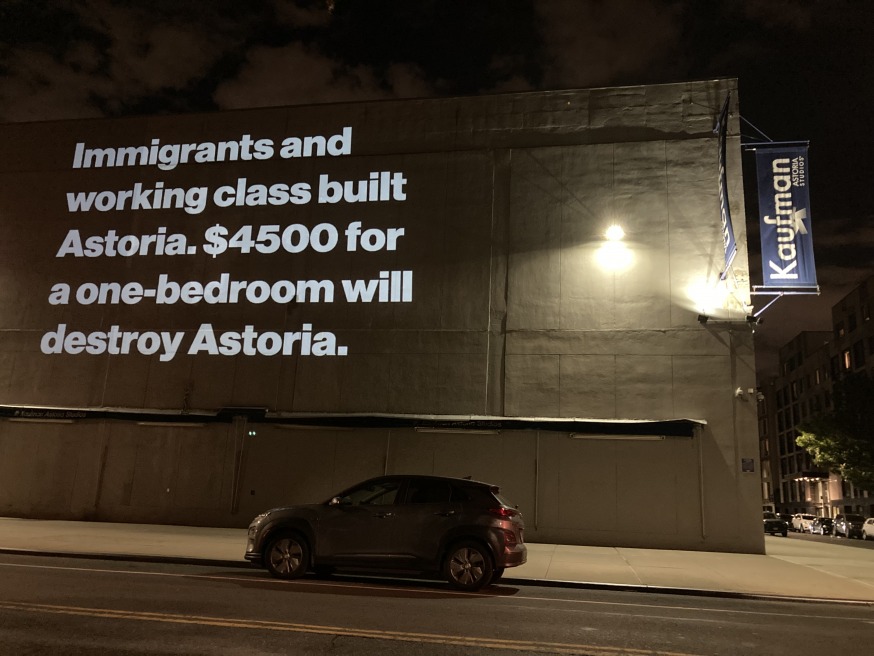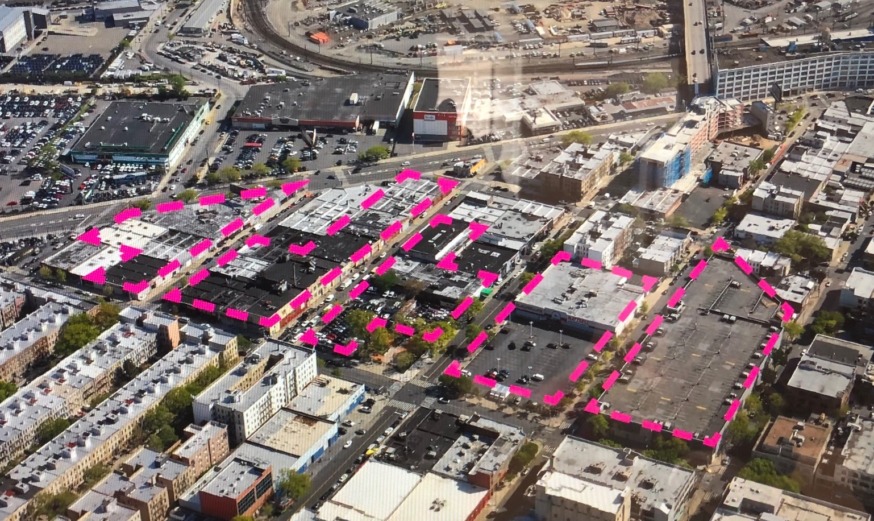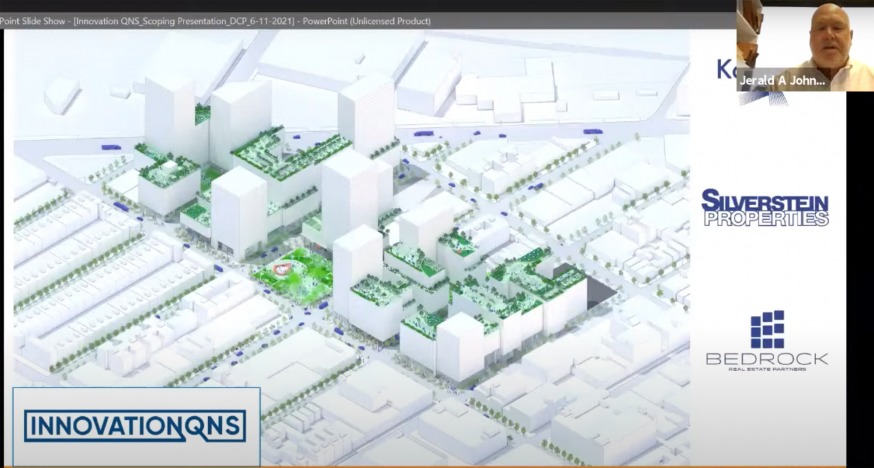
A rezoning allowing for a massive new real estate development in East New York that would include 11 residential buildings with more than 2,000 apartments passed a key City Council test Thursday, with support from a local representative best known for his oppositional stances.
Councilmember Charles Barron (D-Brooklyn), an avowed socialist and frequent opponent of rezonings, backed the plan for Innovative Urban Village after years of negotiations with the developers — an unyielding stance that he says resulted in a project with solely affordable units for the overwhelmingly Black and Latino, working-class neighborhood.
The plan, as initially envisioned by Gotham Organization and the Christian Cultural Center, a megachurch in Starrett City that owns the land, originally proposed rentals for residents making between 30% and 120% of the New York City region’s area median income — currently anywhere from $40,000 to $160,000 for a household of four.
But after community feedback and negotiations with Barron’s office, the developer brought the income limits down to between 30% and 80% of the median income, or between $40,000 and $106,000 for a family of four. According to 2019 data compiled by the Furman Center, the local community district’s median household income was $48,000 and more than half of the area’s households earned incomes that would qualify.
Barron, a former Black Panther and a longtime adversary of Brooklyn’s Democratic Party establishment, said the project should set an example for other City Council members with proposals for large developments in their districts, as well as the Adams administration, about how to get to “yes” without rubber-stamping projects with rents beyond what local residents can afford.
The same Council committee also unanimously approved another large rezoning, known as Innovation QNS, following lengthy negotiations with local Astoria Councilmember Julie Won (D-Queens), who had initially raised objections to what she called insufficient affordable housing.
The $2 billion project is slated to bring nearly 3,000 apartments to an area near Northern Boulevard, about one-third of which are categorized as affordable.
The project is backed by building workers’ union 32BJ SEIU and Queens Borough President Donovan Richards, who ridiculed Won as she held out, citing concerns that the arrival of luxury units will exacerbate gentrification in the area.
In a statement, Won explained her apparent change of heart by pointing to “wins” including an increase in affordable units that her team had secured — though those modifications appeared to fall short of the 55% affordable threshold she had initially demanded.
We’ve been negotiating daily to secure unprecedented levels of affordability for my immigrant and working-class community,” Won said, adding that she was “finalizing negotiations for commitments from the developer and the Mayoral administration.”
In effect, she let the project proceed through the subcommittee, which is where other lawmakers usually defer to the desires of the local council member, prior to receiving a firm, written commitment.
“As the council member, I will utilize every accountability measure to ensure that our community wins are actualized,” Won continued.

